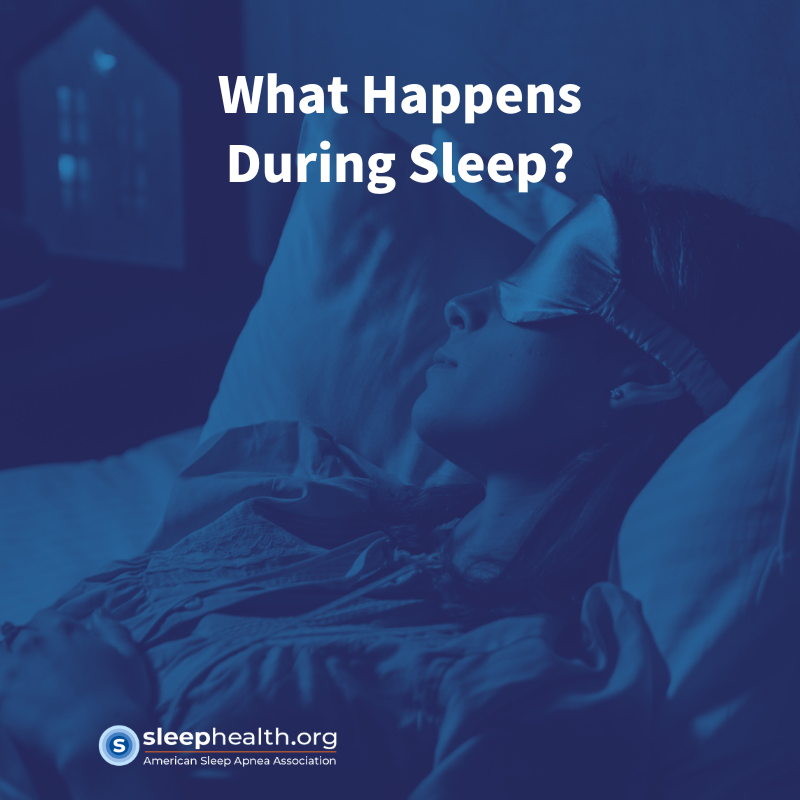
Although you may feel rested after a good night’s sleep, it’s not because your body rested over night – to the contrary! Sleep is a dynamic state, with lots of things happening at once. Hundreds of biological processes continue: the heart keeps beating; certain muscles remain active so we can breathe and digest food; and the brain is certainly not switched off. In fact, the brain seems to need the electrical stimulation provided during sleep to aid cognitive performance, decision-making (it’s easy to make a silly mistake when you’re tired), and memory (individuals who memorized lists of words before sleeping were more likely to remember the words than those who memorized them with no intervening sleep).
Overall, we need sleep for routine maintenance. If you think of the body as a machine, then sleep puts it in “idle” mode so repairs can be made, as needed.
More specifically, metabolic activity and body temperature both dip during sleep, allowing the body to conserve energy so tissues can grow and regenerate. The blood supply to the muscles increases, energy is restored, and hormones that promote growth and development are released. We need enough sleep to keep our immune system functioning optimally — when you don’t get enough sleep, you’re more vulnerable to respiratory viruses and other bugs.
Sleep Stages
Sleep is a complex process that occurs in stages, and we cycle in and out of these stages during the night. The two main components of normal sleep are REM (rapid eye movement) sleep, when the most vivid dreaming occurs, and non-REM sleep (NREM).
NREM sleep consists of several stages, labeled N1 through N3, indicating the depth of sleep. Stage 4 is REM sleep.
– Stage 1/N1: This is the “dozing off” transition period from wakefulness to falling asleep. It typically lasts one to five minutes. As you drift off to sleep, you may still be aware of your surroundings. Your body hasn’t fully relaxed yet, and it’s easy to wake up during this time.
– Stage 2/N2: This is when the body enters a more relaxed state; temperature drops and breathing and heart rate slow. Brain activity generally slows as well, although there are short bursts of activity, called sleep spindles. These are believed to help stabilize memory.
– Stage 3/N3: This is deep sleep, during which the body relaxes even more. Some experts believe this stage is critical for restorative sleep. Deep sleep typically occurs in the first half of the night, and lasts for 20-40 minutes in each sleep stage cycle.
– Stage 4/REM: REM sleep is thought to be essential for cognitive functions such as memory, learning and creativity. Vivid dreams may occur during REM sleep. Generally, a person enters a REM sleep stage after they’ve been asleep for about 90 minutes. REM stages make up about 25% of sleep in adults, with each stage getting longer and longer; the first stage may last a few minutes, while later stages may last for up to an hour.
Sleep Health
Learn More
Get important news and tips to guide you on your road to healthy sleep. Subscribe to our newsletter now.